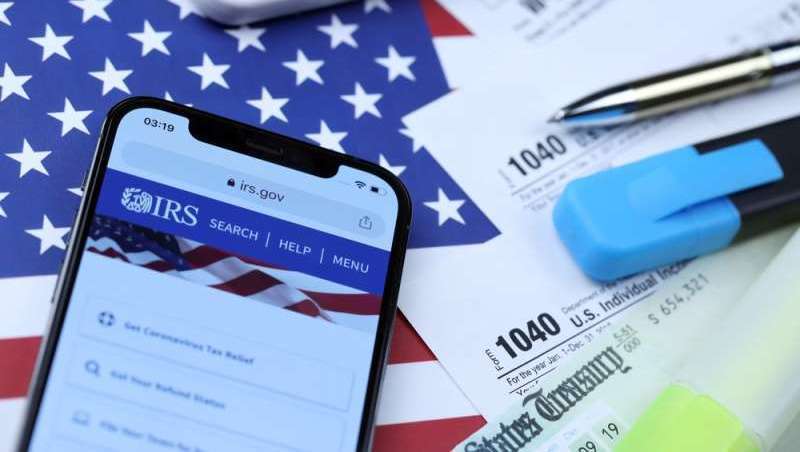
The IRS’s Direct File pilot program that the agency conducted earlier this year proves the value in prototyping products in the Federal government before they are fully scaled up, the project’s product lead said during the Biden-Harris President’s Management Agenda event on July 10.
The IRS successfully piloted its Direct File tool during the 2024 tax season, allowing more than 140,000 taxpayers across 12 states to file their tax returns directly with the agency electronically. The program was made permanent on May 30.
“One of the mistakes that we often make, and one of the missteps that government IT is at risk of falling into, is we have such a massive audience – 335 million people as a baked-in audience for anything we do – that we tend to build for the stars and launch with something that takes way too long to develop, that takes years and hundreds of millions of dollars, in many cases, in order to pull off. And then three, four years down the road, we find out it doesn’t work,” Chris Given, Direct File product lead at the IRS said.
“One of the things that we did with Direct File was to say, ‘We’re not going to wait. We want to put this in the hands of taxpayers as soon as possible.’ The IRS spent $24.6 million to develop Direct File and pilot it,” Given said. “But already taxpayers are using it. They’re using something, and it’s not the stars and the moon, it’s very limited scope. We only rolled out in 12 states, but it’s in taxpayers’ hands. We know that we’re on the right track.”
“Going to next year, we can start to expand, start to build out more and more of Direct File and eventually reach more and more taxpayers. We’re not there yet,” he said. “We started small, and we were able to build but even before we started, I think one piece is that we started Direct File by building a prototype of it.”
Merici Vinton, who serves as the Direct File co-lead from the United States Digital Service (USDS), recalled that they launched the pilot with just one taxpayer – and the program didn’t work as it was supposed to.
“We did a very staged rollout of Direct File, and what that meant is that we would only proceed in opening it up to larger, more progressive audiences when we were confident in the product’s ability to scale,” Vinton said.
“Had we gone … big live to everybody, it would not have worked,” she explained. “The connection did not work. [The tax return] stood in a queue.”
“As soon as we reset the connection, then it worked and filed as expected. But had we gone live without that first filer, or had we gone live to the large population, this would have been a failure,” Vinton said. “Not just a failure, our users wouldn’t have had trust in it.”
Building trust was a big piece of the Direct File pilot program. Given said that they administered a survey after users filed their taxes with Direct File, and 86 percent of taxpayers said that their experience using Direct File increased their trust in the IRS.
“As we looked at what it meant for the IRS to be offering this new service, one of the key ideas there was to change the relationship that [the taxpayer has] with the IRS,” Given continued, “to change that from a role of the IRS telling you got it wrong, to the IRS being in a role of helping you get it right. And that was a real shift that we wanted to make with this service and with every detail in the project.”
With the success of the Direct File pilot program, Given hopes to eventually scale it to offer better customer service to taxpayers by informing them of other government services they are eligible for.
“Taxes and tax filing are a once a year check-in with someone. We learn about your income, we learn about your kids, and we help you file a tax return,” he said. “That same information could be used to say, ‘Hey, you might be eligible for SNAP. Hey, you might be eligible for Medicaid. You might be eligible for heating assistance or childcare subsidies, or any of these other programs.’ How can we use what we’ve learned in Direct File to navigate you to these other resources that exist at a different agency, and that are at a state level?”
“I think this is a really powerful front door to government once we reach that critical mass,” Given said. “That’s a key piece that I’m very excited about the possibilities for Direct File.”
